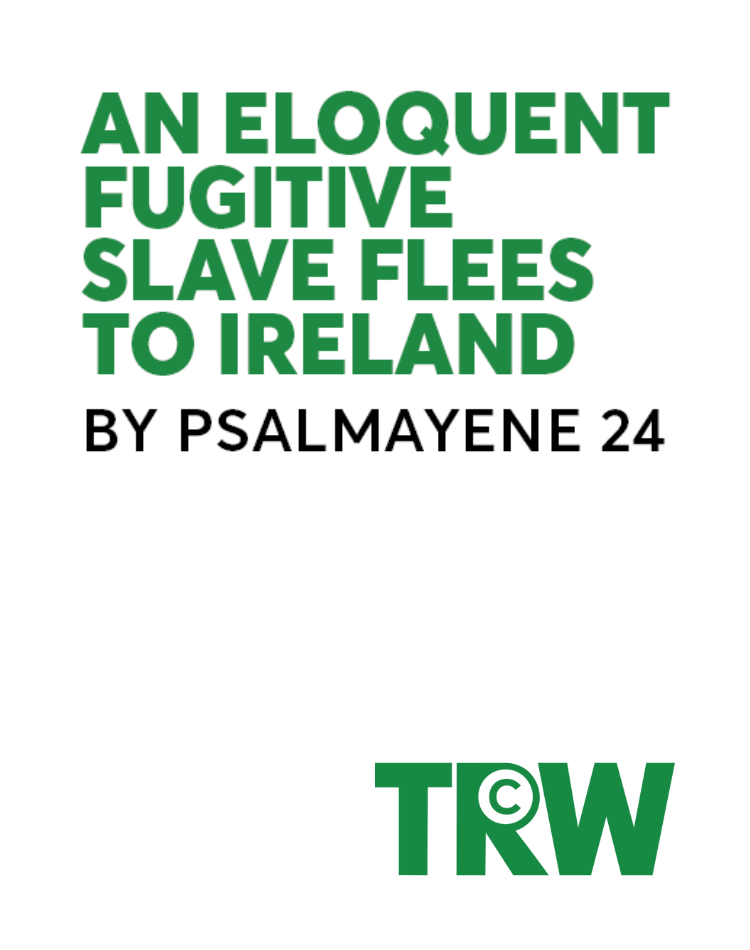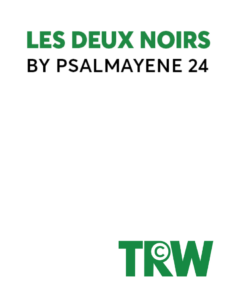Overview
Inspired by his 1845 trip to Ireland. AN ELOQUENT FUGITIVE SLAVE FLEES TO IRELAND is a fictionized account of Frederick Douglass’ voyage across the Atlantic Ocean on the steamship Cambria. Exploring themes of racism, sexism, and freedom, AN ELOQUENT FUGITIVE SLAVE FLEES TO IRELAND uses dialogue sprinkled with rap to give enhanced contemporary resonance to a largely unknown page of Frederick Douglass’ life.
Casting & Production
Casting
FREDERICK DOUGLASS —The legendary African-American freedom fighter, writer, and orator. Intelligent, dignified, courageous, compassionate. Philosophical and practical in equal measure.
Approximately 27 years old.
ROSCOE WHITE —A clockmaker from Georgia. Opportunistic, simpleminded, unrepentant racist. White, 30 years old, male.
CAPTAIN Q —British captain of the Cambria. Dependable, commanding, kind, upstanding. White, 50 years old, male.
SUSAN CAHILL — A scrappy, sensitive, and feisty New Yorker. Works at a circus. White, 25 years old, female.
PASSENGER #1 & #3 —African-American female ensemble member. Can be voiceovers.
PASSENGER #2 —African-American male ensemble member. Can be voiceover.
PASSENGER #3 —White female ensemble member. Can be voiceover.
HAZARD —Roscoe’s like-minded Georgia crony. Violent and morally bankrupt. White, 27 years old, male.
Casting Note
This play may be performed with a cast of five men and three women or a cast of four men and one woman. For the latter cast version, Passengers #1, #2, and #3 can be done as voice-overs.
Setting
Place
Aboard the steamship Cambria traveling from Boston, Massachusetts to Dublin, Ireland. Somewhere in the Atlantic Ocean.
Time
August, 1845
Reviews
“Boasts a crisp dramatic gambit that makes slavery tangible…bursting into hip-hop that’s impressively fresh and funny.”
—Nelson Pressley, Washington Post
“Solid and compelling.”
—Pamela Roberts, Broadway World
“Deserves to be seen and supported by all who value the power of theater to bring awareness to movements everywhere that are fighting for social justice and social change.”
—Ramona Harper, DC Theater Arts


